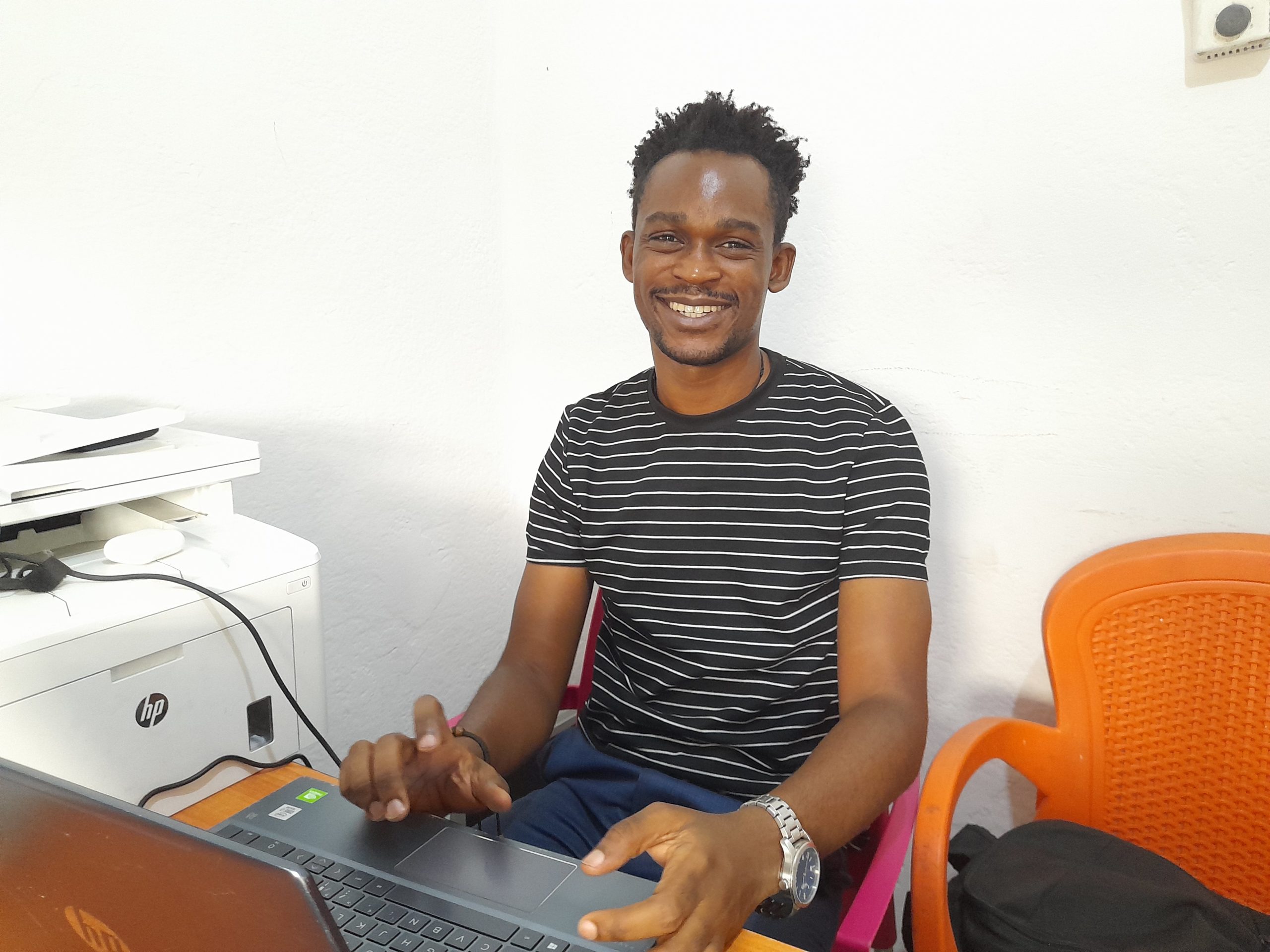Advocating for the 2SLGBTQIA+ community in the DRC
Story

From a young age, Scaly KEP’NA struggled with his sexuality.
Growing up in the Democratic Republic of the Congo (DRC) was difficult. Although the central African country has made progress toward accepting some 2SLGBTQIA+ rights, homophobia and intolerance towards the queer community still run rampant.
“From the time I was a teenager I knew I was attracted to men, but I didn’t necessarily think I was gay,” he says.
As a child, Scaly became aware of the cultural pressures for men to behave and act a certain way. Sexual orientations outside heteronormativity and non-binary identity are not explicitly criminalized in the DRC, but they are also not protected.
This made it more difficult for Scaly to accept himself growing up, especially being raised in a household that did not approve of homosexuality.
“I thought over time I would be attracted to women, but that never happened,” he says.
At the age of 25 and after struggling for many years, Scaly was in a place where he was ready to accept his sexual orientation.
It was at this time that he established Jeunialissime, an advocacy group that raises awareness about the social inclusion of underserved people such as the 2SLGBTQIA+ community. For Scaly the organization is a way to provide underserved Congolese youth with support and guidance, something he always felt he lacked growing up.
Today, Jeunialissime is a partner in the Cuso International-led program Talents Pluriels, which aims to provide safe, inclusive, equitable economic growth for underserved youth, particularly young women and 2SLGBTQIA+ youth in the cities of Bukavu, Kinshasa and Lubumbashi in the DRC. In addition, the program assists participating businesses integrate safe, inclusive and gender-responsive human resource policies.
Eventually Scaly hopes to expand his association to where he can provide housing for 2SLGBTQIA+ youth who are rejected by their families. It’s common in the DRC for families to reject a child based on their sexual orientation, Scaly explains.
“When a family discovers their child is part of the 2SLGBTQIA+ community, that child will likely not have access to an education, or a decent job,” he says,
Now 35, Scaly is engaged and hopes to one day have children but knows he will likely have to leave the DRC.
“I dream of an inclusive DRC where all vulnerable people feel free to decide their futures,” he says.